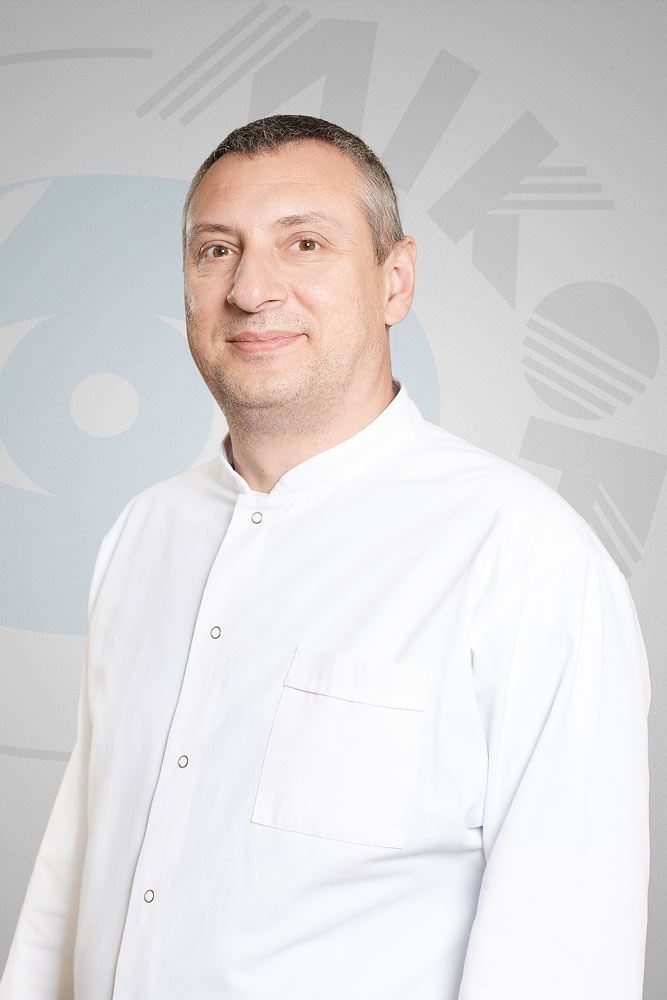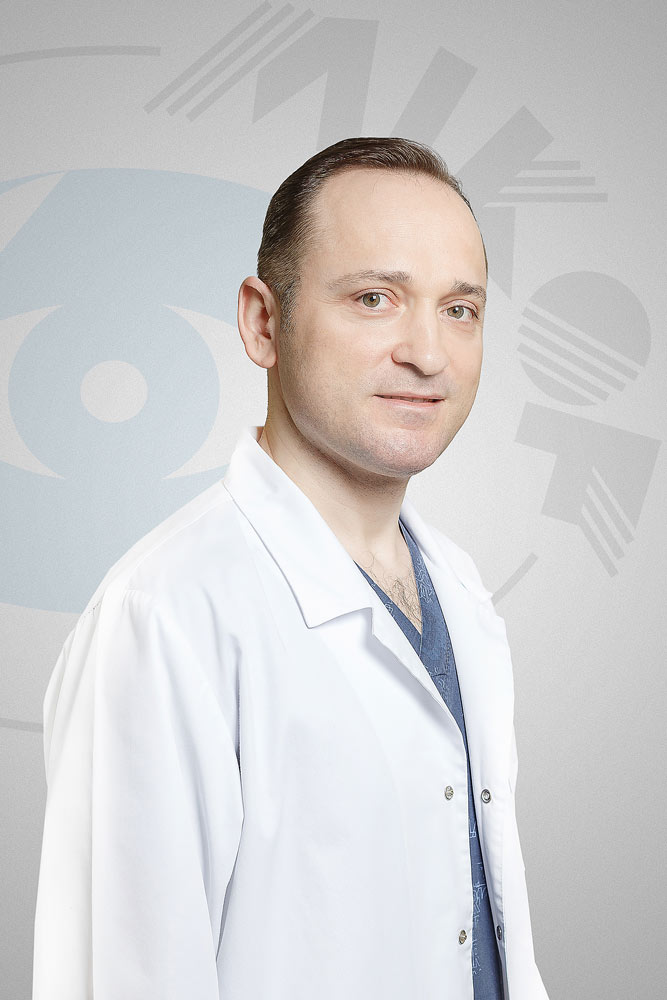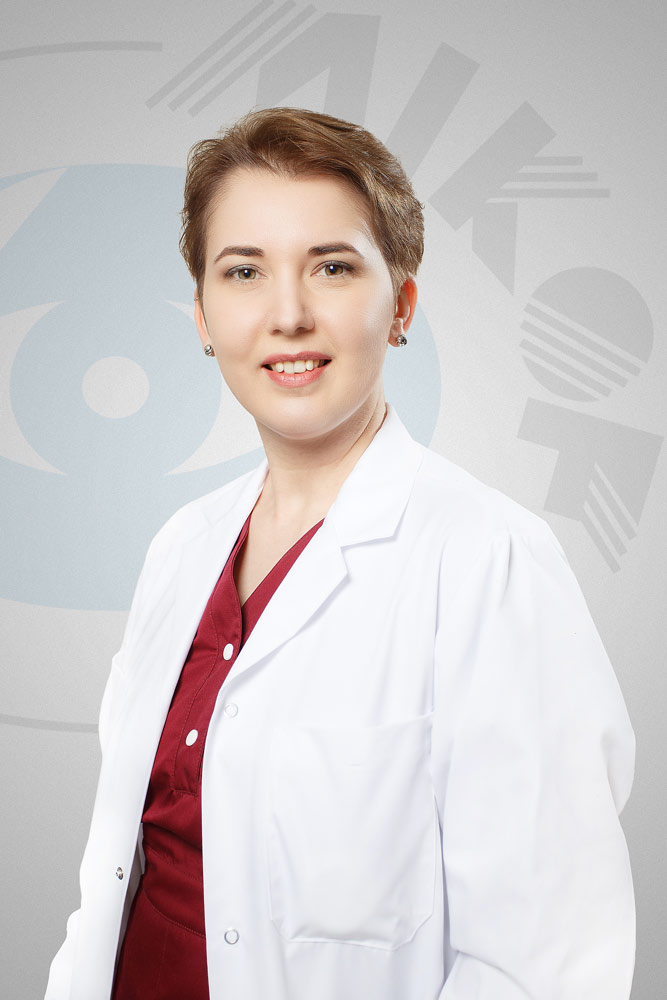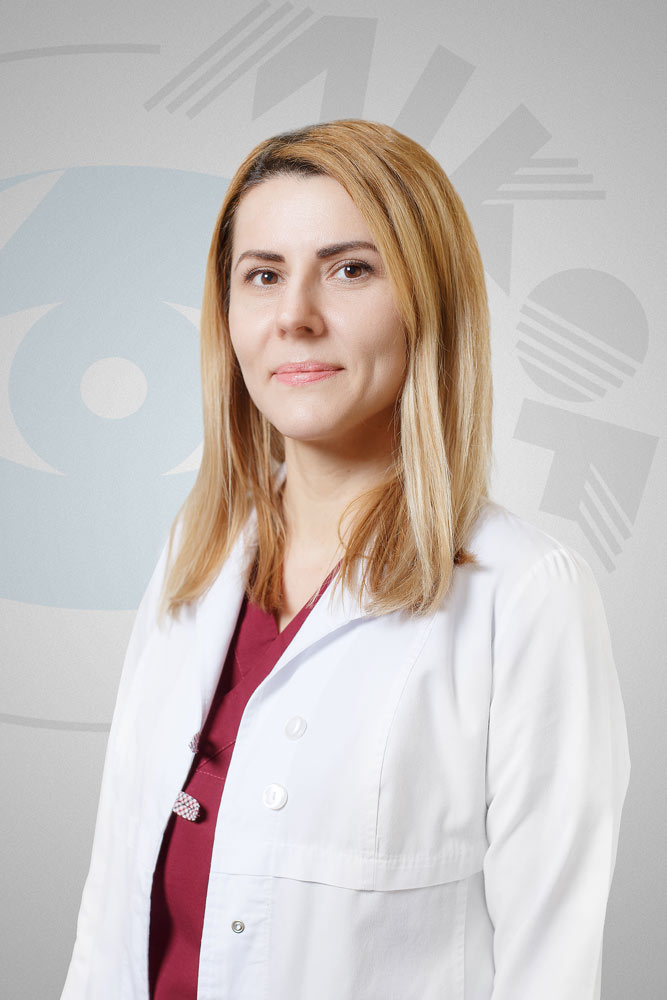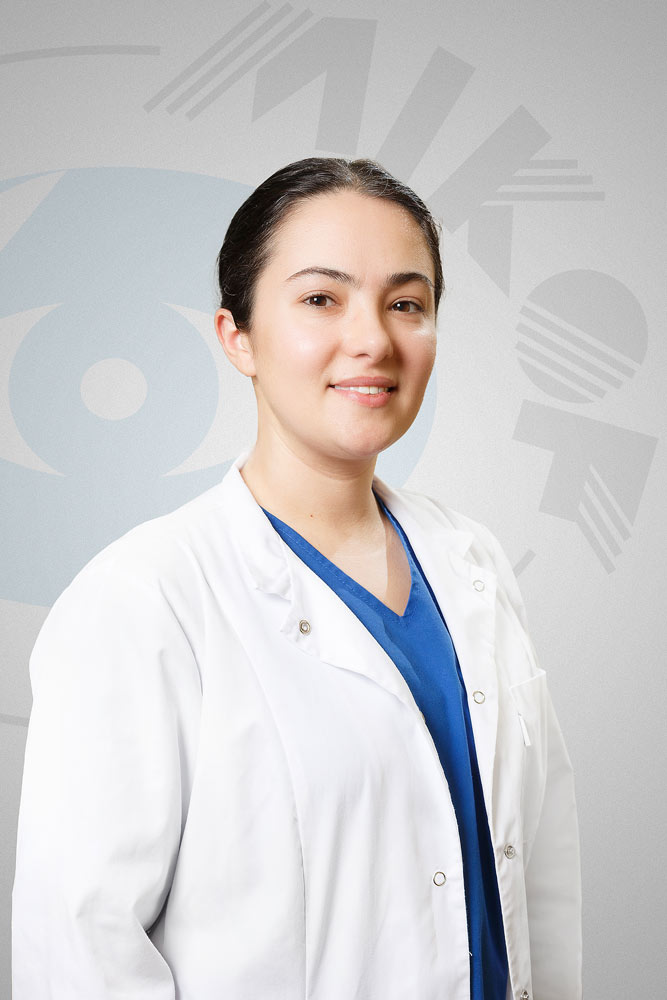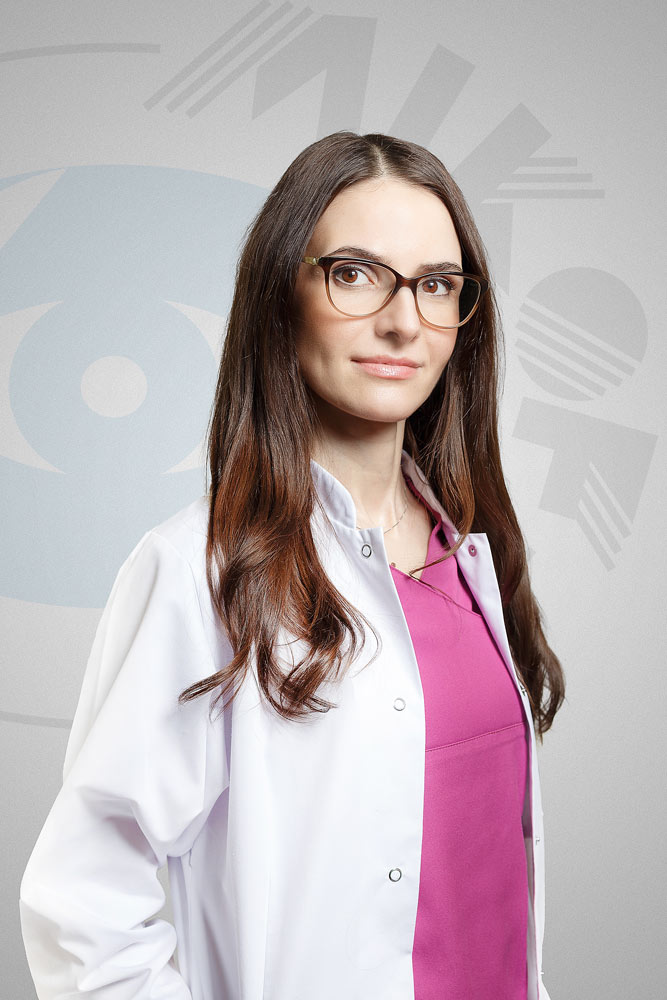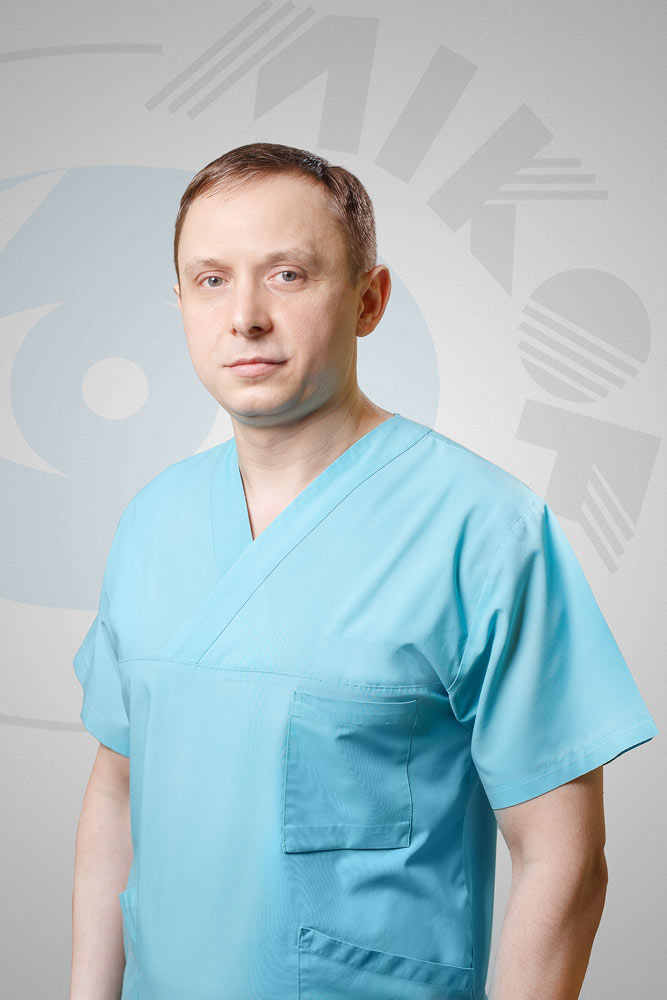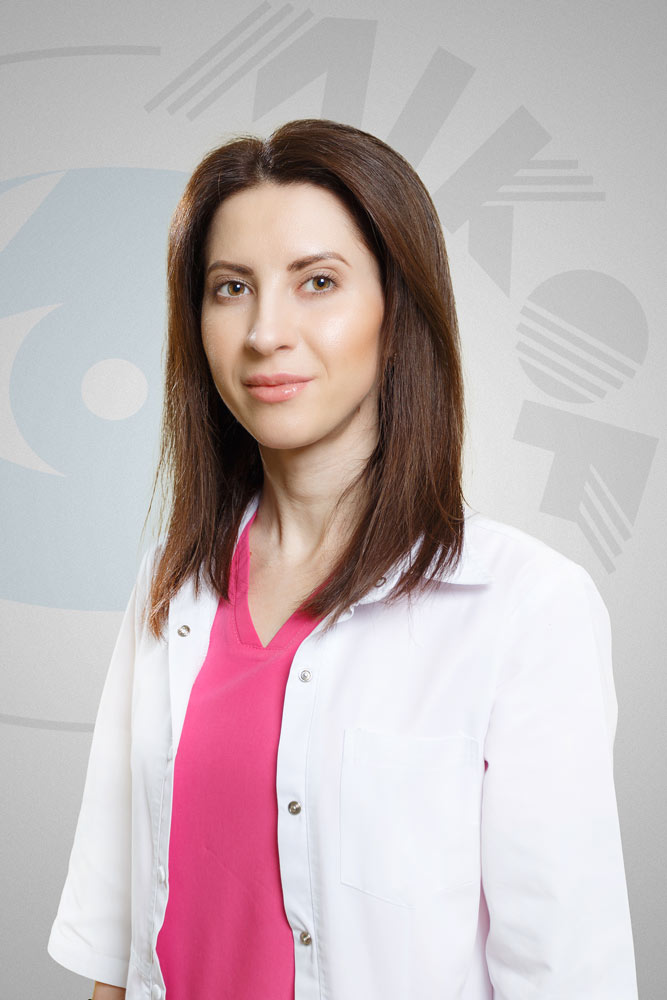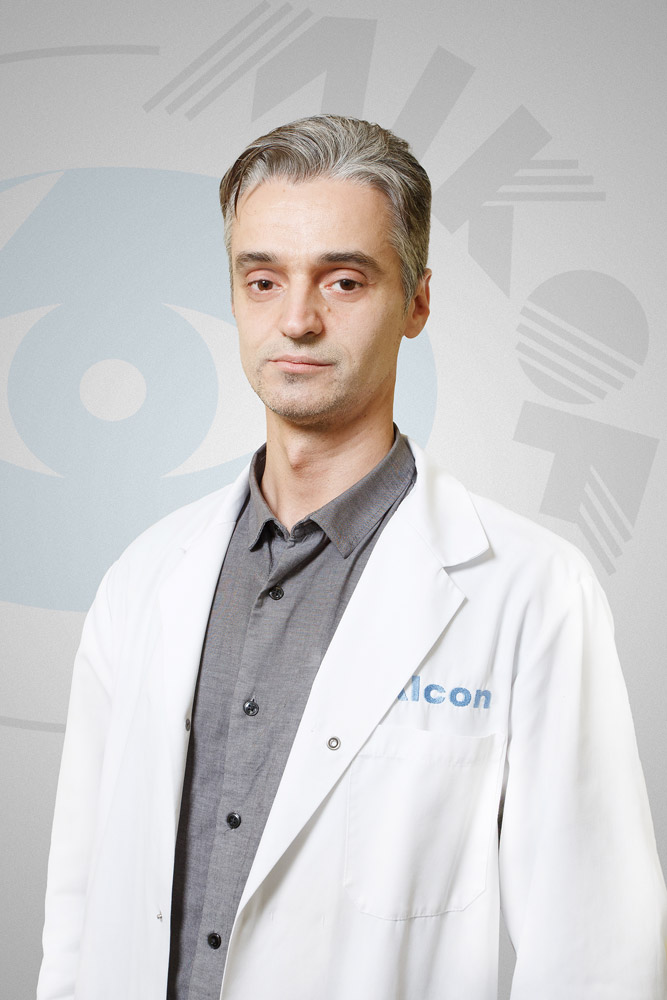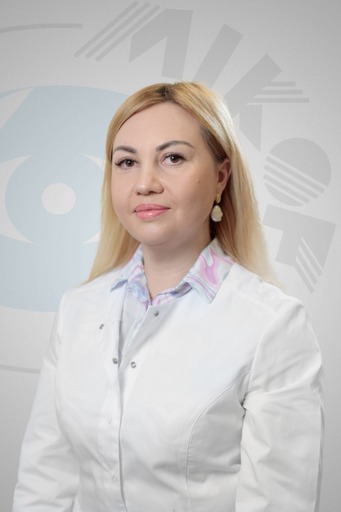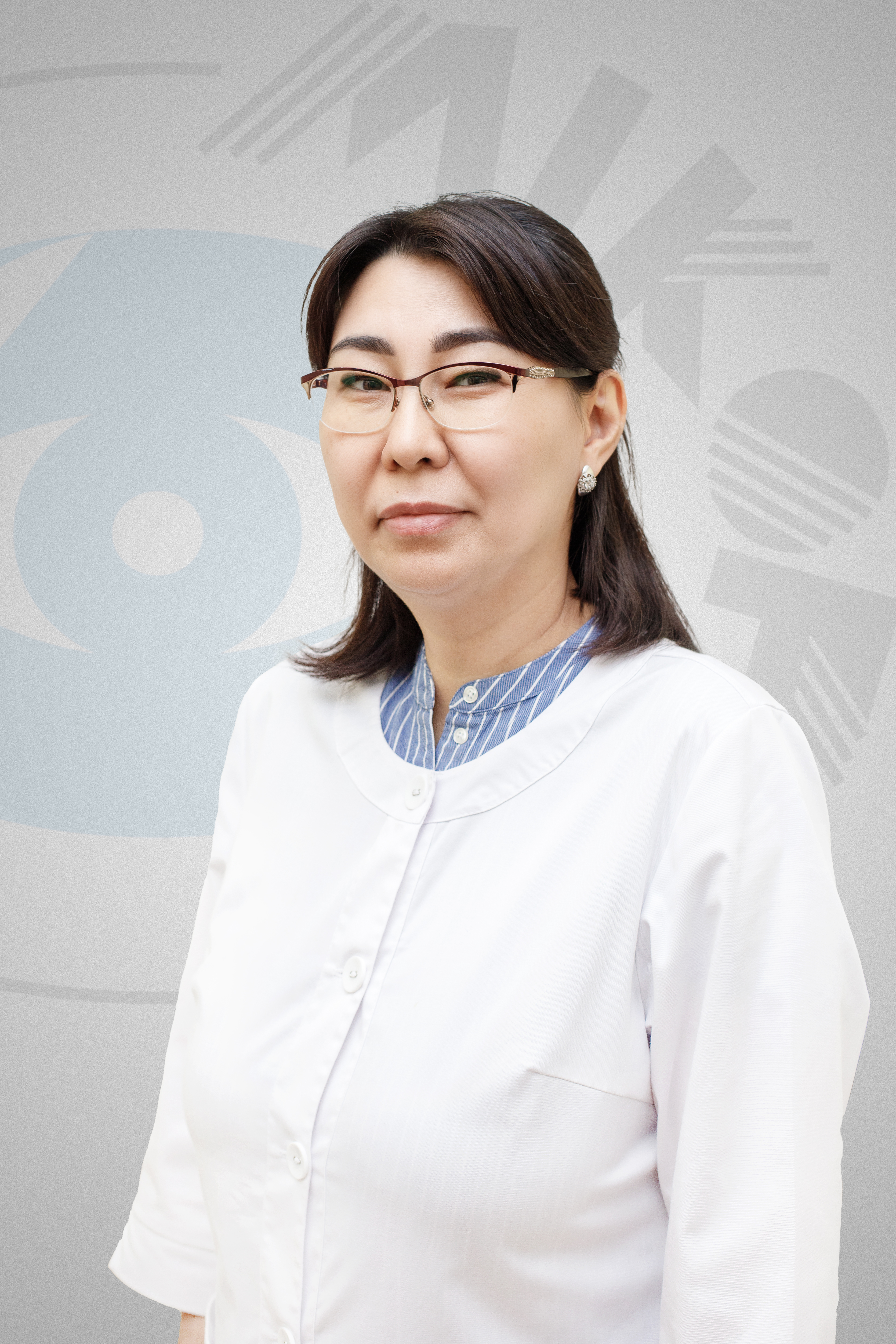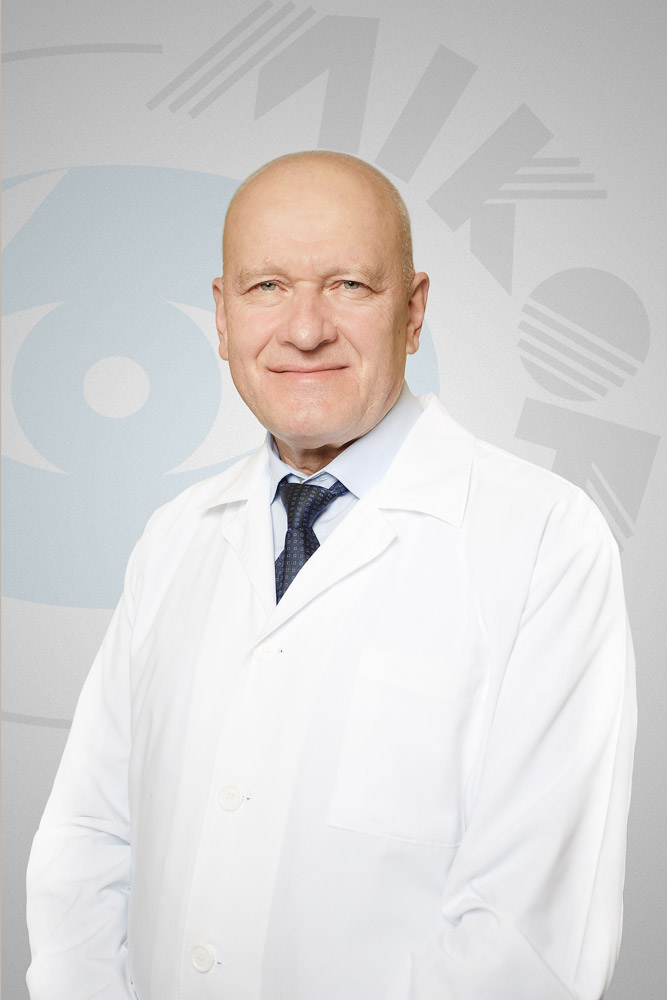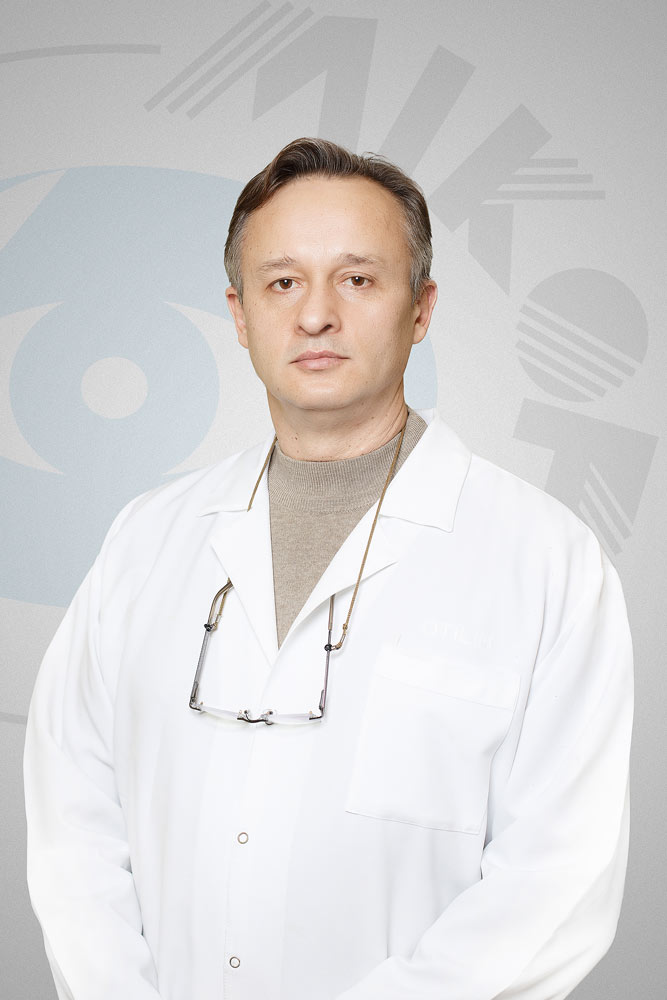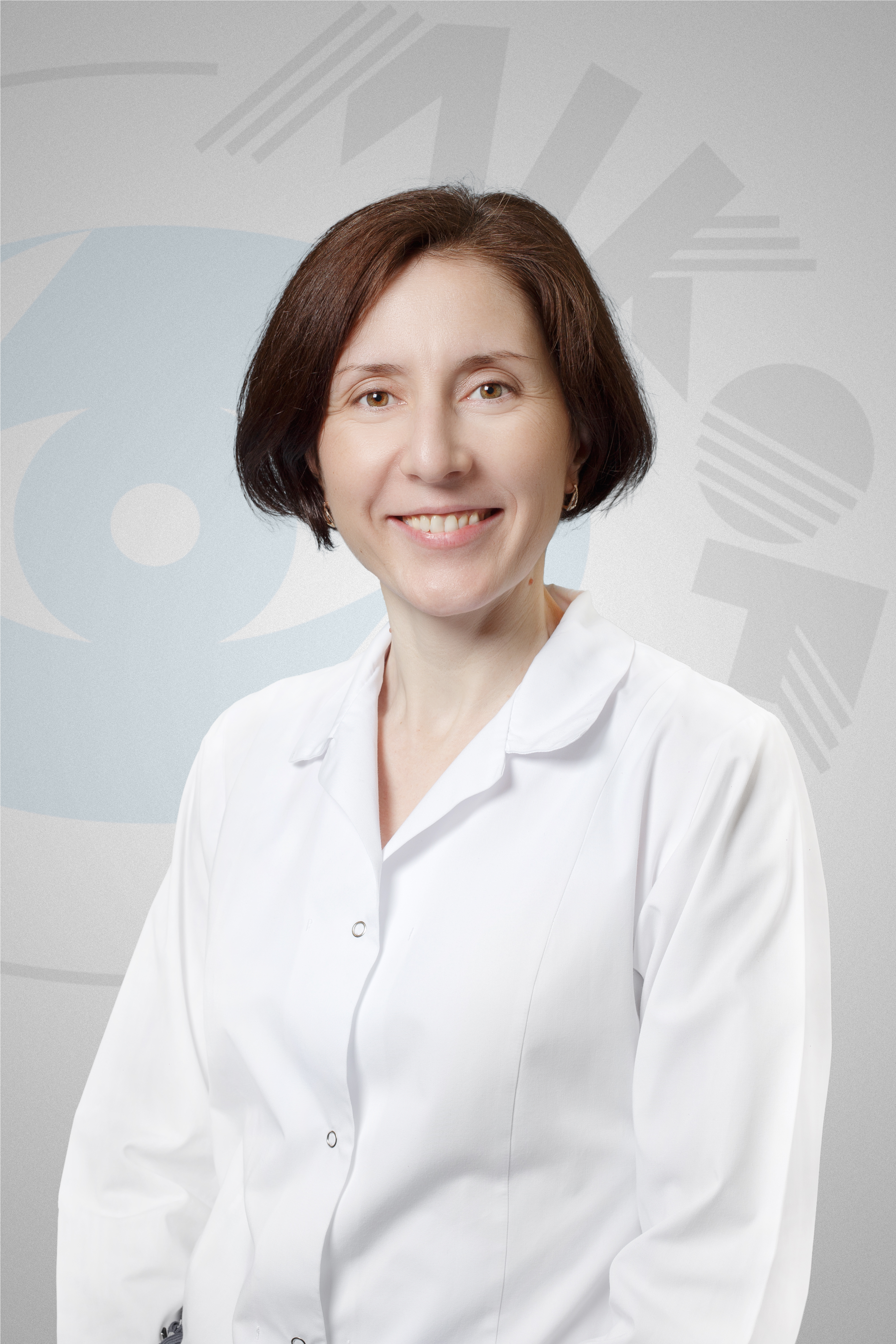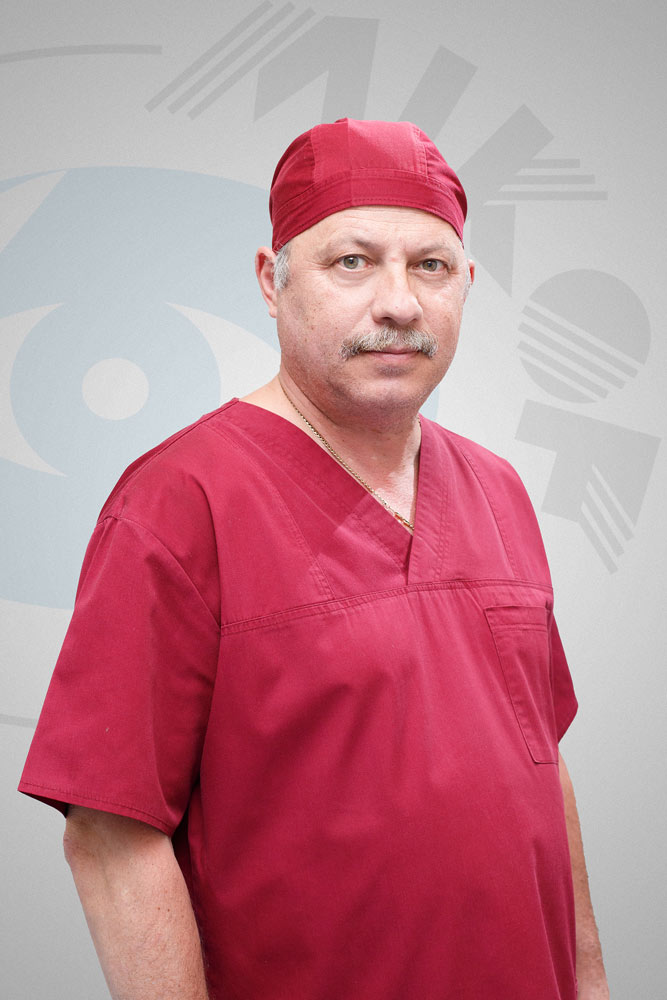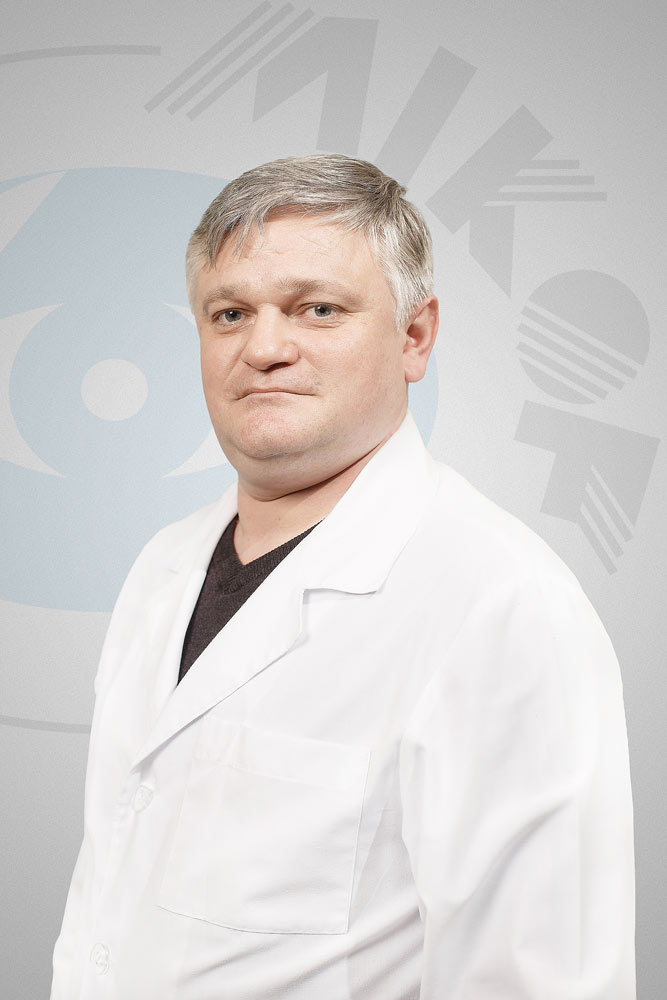Lasik
MEMORY FOR PATIENT LASIK
Dear Patient!
You have a surgical operation of excimer laser correction of refractive errors (myopia, hyperopia, astigmatism) using LASIK technology. LASIK currently holds a leading position in world refractive surgery. Surgical intervention is performed on the transparent part of your eye - the cornea (without penetration into the eye) and is aimed at changing its optical power. During the operation, high-precision equipment is used - a lamellar microkeratome and an excimer laser. The operation is painless, lasts no more than 5 minutes.
Our clinic has been conducting operations to correct refractive errors (myopia, hyperopia, astigmatism) since 2001. The doctors of our clinic trained in the Russian clinic Microsurgery of the eye named after Svyatoslav Fedorov performed more than 15,000 operations.
Rich experience and continuous training allow us to accurately predict and achieve the best results for patients.
We use a high-precision laser of the latest generation with an ablation frequency of 500 hertz, which allows for correction when:
• Myopia up to -20 diopters
• Myopic astigmatism up to -10 diopters
• Hypermetropia up to +10 diopters
• Hypermetropic astigmatism up to +10 diopters
• Mixed astigmatism up to +10 diopters
• Presbyopia up to +4 diopters
• Personalized wave aberrometry and ketatotopography operations
The laser is equipped with a unique control system that allows you to calculate and save all data about the patient, the parameters of his operation, conduct tissue-saving and personalized operations with a given accuracy, as well as resume the operation interrupted for any reason after any period of time.
The patient eye tracking system, during the operation, provides tracking of the position of the center of ablation and adjustment of the position of the laser beam. In case of excessive deviation of the patient’s eye, the system automatically suspends the laser to the patient’s eye in the surgical field.
It is important to know that the use of high-precision technologies allows you to achieve the best result only if the patient strictly adheres to the following simple rules:
Before the operation you need to:
1. Perform the tests indicated by your doctor,
2. Do not use contact lenses 7 days before surgery,
3. On the day of surgery do not use cosmetics, make-up and perfumes,
4. On the eve of the operation, wash your hair and face thoroughly.
The day before bedtime and 30-40 minutes before surgery, it is recommended to take sedative drugs (extract or tincture of Valerian or Motherwort (25 cap.) To prepare the nervous system for surgery.
During the operation:
• listen carefully to the surgeon’s commands and strictly follow them,
• during the operation, special surgical equipment is used, which can emit a buzzing, clicks. At each of the crucial stages, you must focus and execute the surgeon's commands.
• you can feel: when treating the skin with alcohol, a slight burning of the skin and a pungent smell - do not open your eyes without a command! when installing eyelids (keeping eyes open forcibly), try not to squeeze your eyelids to avoid pain.
• Next you must constantly look at the green blinking dot.
• at certain stages of the operation, vision may blur, and when the microkeratome is working, it will darken in the eyes for a while, which the surgeon will warn about; there may be a tingling sensation, you will hear a sound like a dental boron machine. It lasts 2-3 seconds. the touches and sounds of devices should not scare you; try to keep your gaze in the forward direction.
• in case of pain or discomfort, in no case do not make sudden movements!
• further when the laser is operating
• strictly fix your eyes on the luminous point - the target.
On the day of surgery:
1. You come to the clinic at 8-30
2. Before the operation, you will be examined by doctors for admission to the operation
3. After receiving the admission, you can pay for the operation and go into the waiting room.
4. The operation is performed on an outpatient basis, but we try to provide each patient with a place in the room where, in comfortable conditions, you can expect a call for surgery.
5. Accompanying
Immediately after surgery:
1. The nurse conducts you for a visit to the doctor.
2. After inspection, if there is no need to re-flush the area of operation, you return to your room.
3. 10 minutes after the operation, you yourself go into the office to re-examine and instill drops.
After that, you should:
• do not sleep for at least 4 to 5 hours,
• be, if possible, in an upright position,
• it is strictly forbidden to touch the eye,
• sharp movements of the eyeball are not allowed,
• close the eyelids calmly without squeezing,
• always wear dark glasses until bedtime, do not go outside,
• go to instill drops every 2 hours,
• do not eat spicy, salty, sweet foods and drinks,
• limit fluid intake,
Two to three hours after the operation, the surgeons will examine you and give you the necessary additional recommendations. Do not touch the eyes! If you experience unpleasant sensations (they will pass 3-4 hours after the operation) and lacrimation, soak the tears only from the cheek.
The next day: You should go to 9 o’clock for inspection.
General recommendations:
In the first two to three weeks after the operation, it is necessary to instill eye drops, preferably wearing sunglasses. In the first days after surgery, the face and eye area can be washed only with boiled water. Over the next month, long baths, visits to the baths and pools, and the use of alcoholic beverages are prohibited.
Visual functions are restored almost immediately after the operation, but the final stabilization of the refractive effect occurs three to five months after the operation, therefore it is extremely important to strictly comply with all the instructions of the attending physician!
We recommend regular monitoring by your doctor (1 month, 3 months, 6 months, and then once a year) after surgery.
You can register online for a consultation with our specialists.

